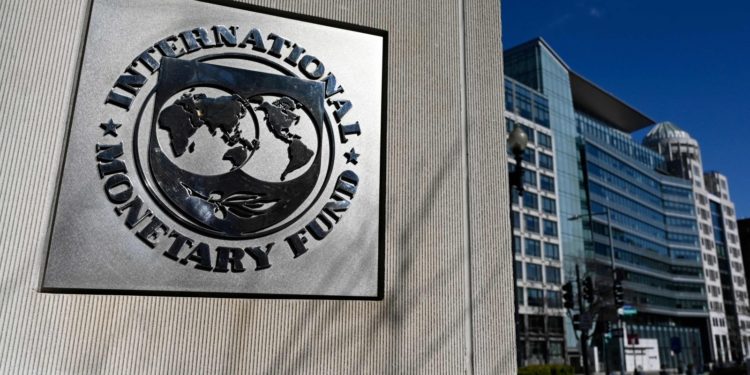The International Monetary Fund (IMF) is facing significant scrutiny over its financial commitment to Kenya as tensions rise following the proposal and subsequent withdrawal of a controversial Financial Bill.
The IMF, an organization dedicated to promoting global economic stability by providing loans, recently completed the seventh review of Kenya’s economic program under the Extended Fund Facility (EFF) and Extended Credit Facility (ECF) arrangements. This review, if approved by the IMF’s Executive Board, would adjust Kenya’s total remaining access to 135.55 percent of its quota, amounting to approximately US$976 million.
The proposed recalibration includes a 21.67 percent increase in quota access, translating to around US$156 million, directed toward the zero-interest concessional resources under the ECF arrangement.
Consequently, the IMF’s total financial commitment to Kenya during the EFF/ECF program would reach about US$3.60 billion. Additionally, the completion of the second review under the Resilience and Sustainability Facility (RSF), approved on July 17, 2023, would unlock another about US$120 million.
Despite these financial commitments, the IMF’s support of the Financial Bill has led to significant unrest. The IMF had predicted medium risk of protests against the bill, which includes new revenue-raising measures, and advised the Kenyan government to stand firm.
However, the prediction turned out to be incorrect as youth-led protests escalated, resulting in deadly confrontations and forcing President William Ruto to withdraw the bill. This has put the Kenyan government at odds with the IMF.
An IMF official expressed deep concern over the recent events in Kenya, acknowledging the deaths and injuries that have occurred. The IMF is scheduled to undertake the seventh review of its multi-year program with Kenya, which is partly based on new tax measures.
This program, expected to run until April next year, includes disbursements totaling up to KES 464.9 billion.
The situation highlights the complex dynamics of IMF involvement in developing countries. On one hand, the IMF provides crucial financial support, policy advice, and helps stabilize economies.
On the other hand, the stringent conditions attached to IMF loans can lead to controversial measures such as tax increases, potentially undermining a country’s sovereignty and economic stability.


















